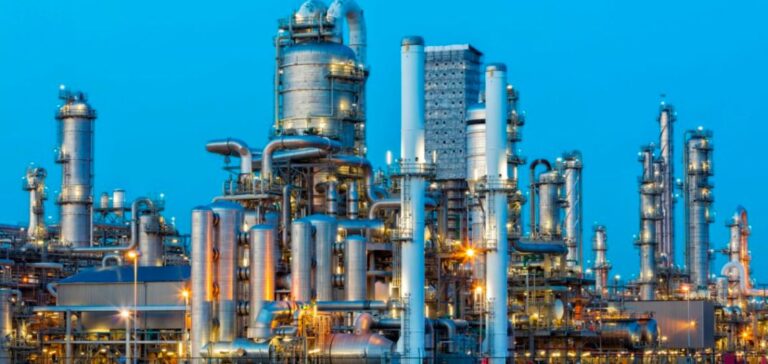European energy companies are in trouble and will need 1.5 trillion euros to cover the costs caused by soaring prices. Thus, several European countries are coming to their aid by providing support amounting to several billion euros.
The current conditions are creating significant challenges for suppliers. In fact, most of them are stuck with the additional payments required by the price hike.
Gas prices disrupt European businesses
Utilities generally sell electricity in advance. It is a way to guarantee a certain price. However, they must maintain a “minimum margin” deposit. However, European companies are suffering from soaring prices. They lack liquidity.
The price hike that Europe is facing is mainly caused by the reduction of Russian gas supply. In fact, the price of gas has increased fivefold since the Russian invasion of Ukraine. Moreover, the latest events concerning the Nord Stream 1 gas pipeline do not help the situation.
Gazprom has announced the closure of the main gas pipeline linking Russia and Germany for an indefinite period. Contributing to the difficulties that Europe is accumulating to fill its gas tanks. This also contributes to the price increase.
Faced with the difficulties encountered by European companies, governments are trying to help them. However, the Norwegian group Equinor believes that the support provided by European countries is not enough. It would appear that aid is only a fraction of the overall bill.
The measures taken would not be sufficient
Helge Haugane, Vice President of Equinor, believes that the only solution is a drastic reduction in demand. This would help solve the electricity crisis in Europe, even if Russia completely interrupts the supply. However, he points out that this is only a short-term solution.
H. Haugane does not support the price cap advocated by several European institutions. In fact, he considers that this would not solve the fundamental problem that is putting the continent in difficulty. In this sense, he states:
“In the event of a complete shutdown of Russian volumes, the reduction in demand has to be even greater than what we have experienced so far, and no price cap or anything like that can solve the underlying problem.”
The European Union had already taken measures to reduce gas demand. In July, it asked Member States to reduce gas demand by 15% this winter. However, governments are slow to align themselves with this decision and are slow to achieve their goal.
On Friday, EU energy ministers will meet to find solutions. They will review the options available. These include price caps and the temporary removal of gas-fired power plants from the European electricity pricing system.





















